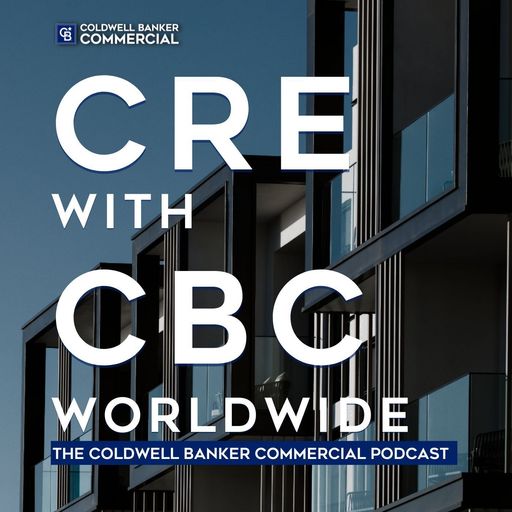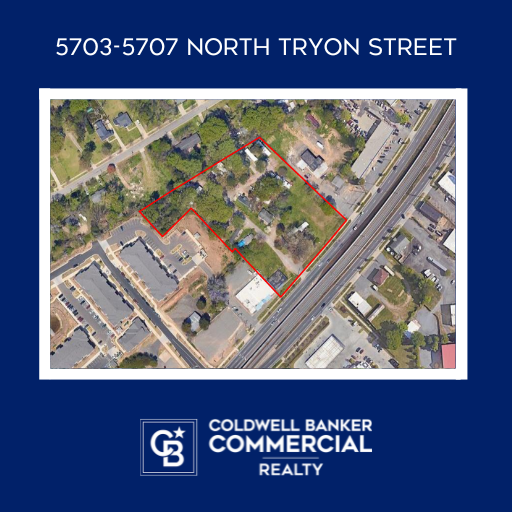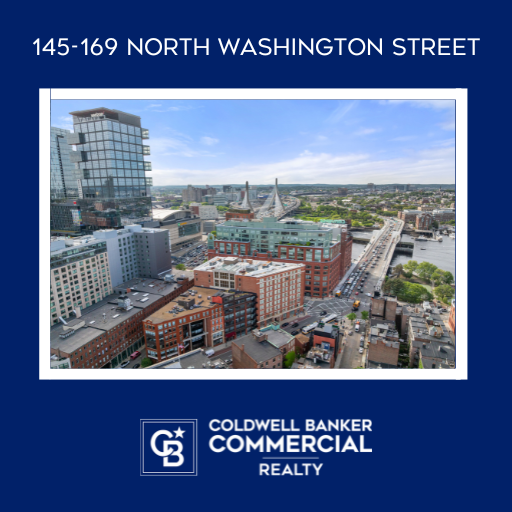Does Your CRE Property Need a LEED Certification?

Sustainable living is increasing in popularity. Not only is sustainability mainstream, but it is also necessary for the wellbeing of our earth and people. According to the U.S. Green Building Council, “green building is the practice of designing, constructing and operating buildings to maximize occupant health and productivity, use fewer resources, reduce waste and negative environmental impacts, and decrease life-cycle costs.”
In an attempt to maximize green building efforts, many commercial real estate properties are opting to become LEED certified. Here, we’ll cover what LEED certification is and the top considerations you should make when deciding whether or not to get your CRE property LEED certified.
LEED certification: what it is and how to get it
Around the world, Leadership in Energy and Environmental Design (LEED) is the most commonly used and acknowledged building rating system. Nearly all buildings, communities, and home types can implement LEED standards. This framework provides insights on how to create sustainable, cost-saving green buildings.
To become LEED certified, your building must complete four key steps:
- Register: complete and submit the required forms and payment to register your project
- Apply: complete the certification application and pay a review fee
- Review: the Green Business Certification Inc. reviews your LEED application
- Certify: receive your certification decision
If your CRE building project checks off all the boxes, congratulations! You are now LEED certified.
Pros of LEED certification
In addition to the LEED certification being the gold standard of sustainability in properties across the globe, there are a handful of benefits associated with a LEED certification, including:
- Option to list LEED credentials on your personal and property assets
- Strengthen your professional qualifications
- Contribution to environmental achievement
- Increase your building efficiency and health
Plus, a LEED certification could be a selling feature of your building. If you’re trying to find new tenants — or retain the ones you have — a LEED certification could be an attractive building component that puts you a step above competitors.
Cons of LEED certification
Although there are plenty of benefits associated with a LEED certification, it’s important to consider the complications with the application process. Becoming LEED certified is a time-consuming affair that costs money as well. Therefore, you will need to contemplate whether or not it is worth it for you and your CRE space to apply for and pay for the application.
Does your commercial property need the certification?
The only person that can answer this question is you. LEED certification is up to the discretion of you, your building managers, or any other parties involved with the safety and upkeep of your CRE property.
Keep in mind, the LEED certification could help you attract tenants, decrease your operation costs, and increase efficiency within the building.
Interested in reading more CRE insights? Be sure to visit our blog for top tips in the industry.
A Trusted Guide in Commercial Real Estate
Coldwell Banker Commercial® provides Commercial Real Estate Services from Property Sales and Leases, to Property Management. Learn how our expansive network of Independently Owned and Operated Affiliates and Real Estate Professionals use their in-depth knowledge of the local market and industry trends to help businesses and investors navigate the complexities of the commercial real estate landscape.






